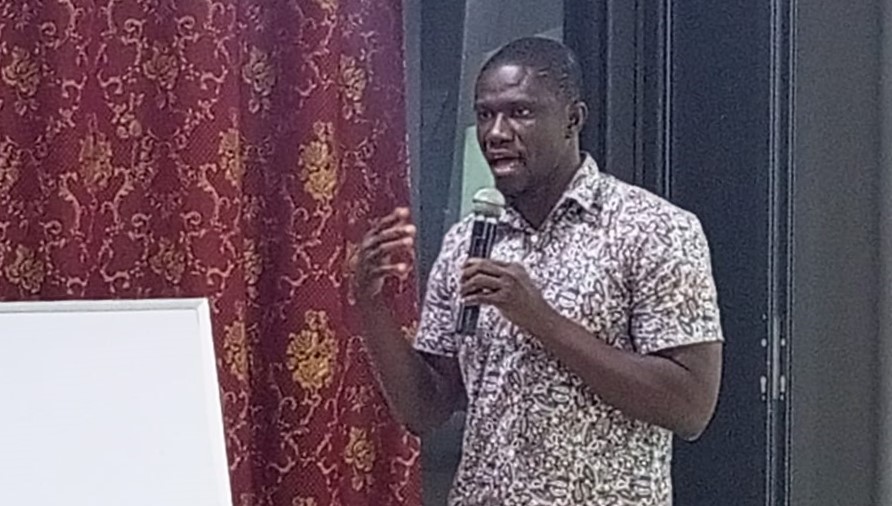By Mildred Siabi-Mensah/Sampson Amon
Takoradi, Nov.16, GNA – The Friends of the Nation (FON), non-government organisation, has engaged stakeholders to reflect on international best practices for the revised National Oil Spill Contingency Plan (NOSCP), which has been in operation since 1986.
The engagement, organised in collaboration with Center for Public Interest Law (CEPIL) and Oxfam Ghana with support from the Norwegian Agency for Development Cooperation (NORAD), was to enable participants to express their views on the revised NOSCP.
The Principal Programme Officer, Environmental Protection Agency (EPA), Western Region, Mr. Kwadwo Opoku-Mensah, said community education was critical in the prevention of any future oil spills along Ghana’s shores.
He said, as Ghana continued to explore hydrocarbons, stakeholders needed to build their preparedness and resilience particularly at the local level to deal with oil spill occurrences.
Mr Opoku- Mensah said: “Our doors are open. We will continue to work together and sensitize stakeholders, communities especially our fisher folks and improve our strategies and engagements. We’re not saying it would not happen, but, when it does, we should be prepared and that’s why we are reviewing the national contingency plan.”
He continued: “We want the right things to be done, reduce or minimize the risks for the next generations to come and benefit. Yes, there will be the need for oil production, but we need to produce the resources in a manner that will not affect other sectors like fisheries. Economic development should be pursued in a sustainable manner. The question we need to ask is, are we prepared to handle oil spills? Hence the NOSCP.”
Outlining risk assessments which included, loss of containment during fuel transfer, pipeline rupture, offloading at sea, subsea leak or well blow out and vessel grounding, he said, the NOSCP also assessed sensitive assets like turtles who laid eggs at estuaries, coastal risks such as sandy beaches, rocky shores at low tide showing algae growth, salt industries, beach seine nets, and fishing landing sites.
Another area the NOSCP considered, Mr Opoku Mensah mentioned, were the regulatory framework such as the International Convention on Oil Pollution Preparedness Response and Cooperation 1990 (OPPRC Convention), Conventions on Wetlands of International Importance (Ramsar Convention) and the International Convention for Prevention of Pollution fromShip,1973 (MARPOL),
Others are the Abidjan Convention, EPA ACT 1994, (Act 490), Maritime Pollution Act 2016 (Act 932) and the Petroleum Exploration and Production Act,2016 (Act 919).

Key obligations under the NOSCP, he said, were to set requirements for national systems and for countries to develop their laws and procedures for preparing and responding to oil spills ranging from local impacts to international scale.
Meanwhile, Mr Mike Abaka-Adu, Executive Member from the Ghana National Canoe Fishermen Council requested the revised plan should incorporate a special fund for fishermen who may be affected most in the process of spillage.
Mr Solomon Ampofo, the Natural Resources Coordinator at Friends of the Nation, said the threat posed to the environment by oil spills called for a multisectoral approach to better respond to the dynamics in the sector.
The NOSCP brings together the combined resources of the nation, oil, shipping and oil exploration and production companies, to provide a level of preparedness to deal with the threat oil spills posed to the environment.
It will also allow rapid and cooperative response to oil spills and complement other government and industry contingency plans at port or oil installations.
GNA